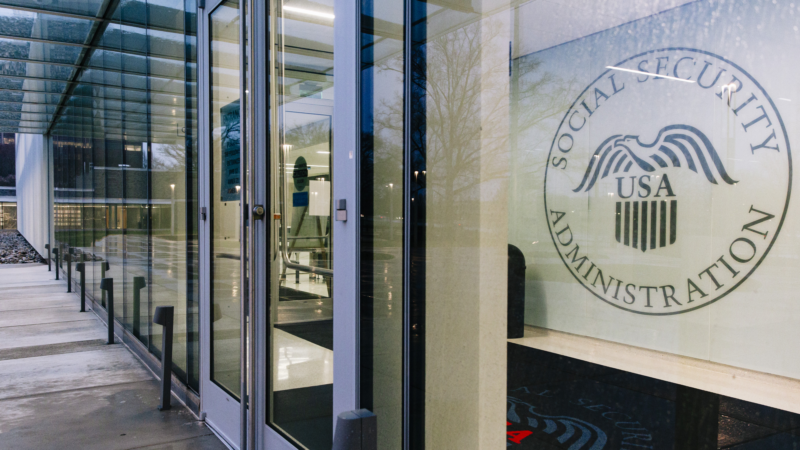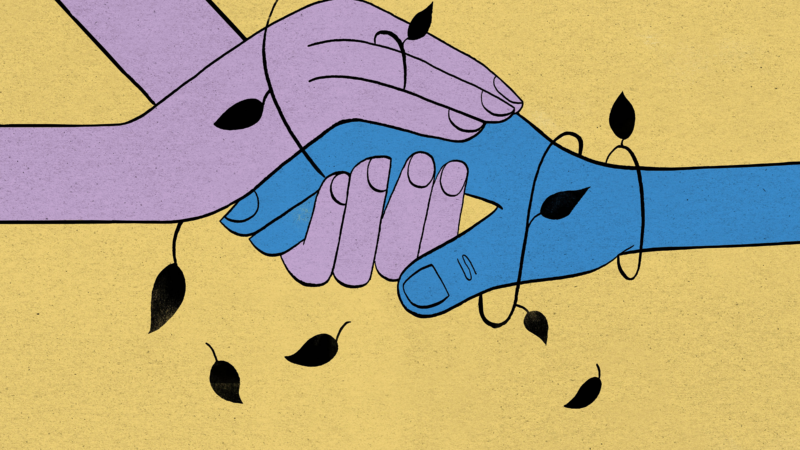New Social Security rules will create hurdles for millions of seniors, report finds
Americans seeking retirement or survivor benefits from the Social Security Administration will no longer be able to apply over the phone, starting on Monday.
Instead, they will have to seek services online or travel in-person to a local Social Security field office, which a new analysis from the left-leaning Center on Budget and Policy Priorities, or CBPP, found amounts to a “45-mile trip for some 6 million seniors.”
The group wrote this change “will close off an important mode of service for millions of people” who are eligible for services.
“More than 4 in 10 retirees apply for their Social Security benefits by phone, as do most spouses who are eligible for benefits,” researchers wrote. “So do the substantial majority of bereaved family members who are eligible for benefits following the death of a worker.”
This new policy, which also applies to anyone making changes to their direct deposit account, was first announced last month — and then partially walked-back a week later due to push back from disability groups and other stakeholders.
Agency officials have said these new measures “will further safeguard Social Security records and benefits against fraudulent activity” by creating “stronger identity verification procedures.”
In a statement to NPR, a spokesperson at the SSA said “telephone remains a viable option to the public” when these new policies go into effect. As of now, Medicare, disability, and supplemental income applications are exempted from the new changes.
“Beginning on April 14, Social Security will perform an anti-fraud check on all claims filed over the telephone and flag claims that have fraud risk indicators,” they wrote. “We will continue to conduct 100 percent ID proofing for all in-person claims. 4.5 million telephone claims a year and 70K may be flagged.”
Advocates for seniors and people with disabilities, however, have argued these changes amount to barriers to services for many of the people the agency is required to serve. This policy was also included in a legal challenge from disability rights groups against the agency that was filed last week.
The Social Security Administration runs a slew of programs for seniors and people with disabilities. Besides retirement services — which make up the largest share of services — the agency also runs programs that provide survivor benefits and disability benefits and supplemental income for the very poor. According to the latest monthly data, more than 50 million Americans received retirement benefits from the SSA in February and thousands of Americans newly qualify for benefits every day.
Kathleen Romig, the CBPP’s director of Social Security and disability policy, told NPR these new in-person verification requirements will be “really burdensome” for the many Americans who qualify for these benefits, particularly those who live in more rural parts of the country.
For one, she said, it’s already “a lengthy process” to get an appointment for in-person services.
“There’s no way to schedule an appointment online,” Romig said. “So you have to call the agency’s 800 number. Right now, the wait for a call back from Social Security is two and a half hours. And that’s if you get through to an agent at all. Most people don’t.”
She also said once someone does get through and makes an appointment, they usually wait “more than 28 days for the next appointment” that’s available.
And for many seniors and disabled Americans, Romig said, an in-person appointment is not physically doable.
“Not everyone drives, particularly seniors or people with disabilities,” she said. “And not everyone is able to leave the house. Think about people who are homebound or hospitalized. So, this is incredibly burdensome for the older and disabled people that the SSA serves.”
Romig said this new policy disproportionately affects every bereaved person who is applying for a Social Security survivor’s benefit, because they don’t have the option of applying online.
“That is Social Security’s version of life insurance, that a widow or widower or surviving child of a worker who has died,” she said. “Those are the monthly benefits that Social Security calls survivor’s insurance. So, all of those people need to go in person to apply for benefits because there is no online option for that.”
And even when beneficiaries are able to apply online, there are still hurdles, the CBPP report found.
“Many seniors and people with disabilities lack internet service, computers or smartphones, or the technological savvy to navigate a multi-step, multi-factor online verification process,” researchers wrote. “Even as SSA is encouraging people to do business online, the Department of Government Efficiency (DOGE) is making changes to online identity authentication that are triggering system outages and access problems.”
Romig said ongoing staff cuts at the agency also make it likely that wait times for in-person services will continue to grow.
An escalation in Yemen threatens to reignite civil war and widen tensions in the Gulf
Saudi Arabia bombed Yemen's port city of Mukalla, targeting a shipment of weapons from the United Arab Emirates for separatist forces. The UAE later said it would withdraw its forces from Yemen.
Cecilia Giménez, the artist who ‘restored’ the face of Jesus, has died at 94
Giménez international attention after she attempted to restore an old fresco. While it was immediately ridiculed at the time, the piece eventually turned into a tourist attraction.
What being around death taught this hospital chaplain about life
J.S. Park helps patients and their families cope with death every day as a hospital chaplain. He explains what to expect as a person is dying, and how to reckon with uncomfortable feelings about death.
Israel says it will bar aid groups, including Doctors Without Borders, from Gaza
Israel accused Doctors Without Borders, one of the largest health organizations operating in Gaza, of failing to clarify the roles of some staff that Israel accused of cooperation with militants.
China flexes blockade capabilities near Taiwan on second day of military drills
China's People's Liberation Army is staging a second day of large-scale military drills around Taiwan. It's unleashing live-fire exercises as part of what it calls "Justice Mission 2025."
Policy relief for family caregivers seems stalled out. But there are signs of change
Family members carry the burden and costs of caring for America's aging population. Federal policy change is slow to come but a new movement and state actions are building momentum.








